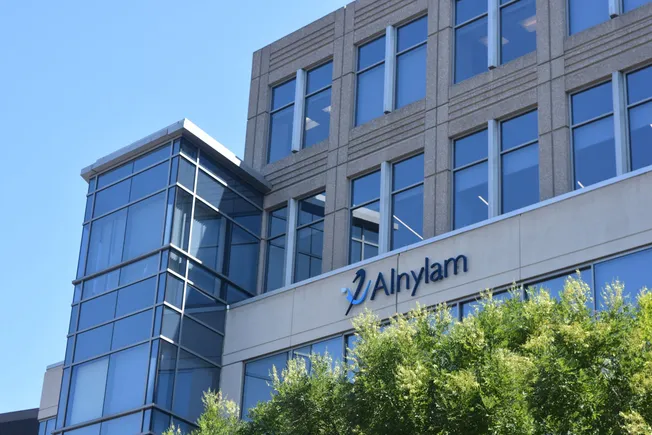Summary:
RNA interference (RNAi) is gaining momentum with new startups entering the field.
Six RNAi-based medicines approved since 2018 for various diseases.
City Therapeutics and Judo Bio launched with over $100 million in funding.
New delivery techniques are broadening RNAi's applications beyond liver-targeted therapies.
Investments in RNAi companies show confidence in its untapped potential.
The RNAi Breakthrough
Research into RNA interference (RNAi), a Nobel Prize-winning technique designed to silence disease-causing gene mutations, has gained significant traction in recent years. Since 2018, six RNAi-based medicines have received approval for treating various rare diseases and high cholesterol, with many more currently undergoing clinical testing.
Current Landscape
Despite the progress, leading companies like Alnylam Pharmaceuticals have primarily focused their RNAi drugs on liver-targeted diseases, limiting the technology's potential compared to other therapeutic approaches. However, a new wave of startups is emerging, believing that RNAi is poised for a major expansion. These companies, backed by experienced investors, assert that recent technical advances have paved the way for broader applications of RNAi technology.
New Startups on the Scene
Two notable newcomers, City Therapeutics and Judo Bio, recently launched with over $100 million in funding. Others like Switch Therapeutics and Aro Biotherapeutics have also secured substantial financing. Former Alnylam CEO John Maraganore, now with City, states, “There’s an opportunity to create a whole new generation of RNAi therapeutics.”
The Genesis of RNAi
The excitement surrounding RNAi began in the 1990s when scientists Andrew Fire and Craig Mello discovered the ability to use synthetic RNA strands to silence genes. This discovery led to the formation of several biotech firms, including Alnylam and Dicerna. However, it took nearly two decades for RNAi to yield an approved drug due to challenges in safely delivering these therapies to cells.
Expanding Horizons
Recent innovations in delivering RNAi drugs to various tissues are unlocking new opportunities. For instance:
- Alnylam has shown early evidence of delivering RNAi drugs to the brain.
- Arrowhead is exploring methods to send RNAi therapies to the lungs.
- Dyne Therapeutics and Avidity Biosciences are investigating antibody-mediated delivery of RNA medicines to muscles.
Innovative Approaches in Startups
City Therapeutics is developing synthetic RNAs that are smaller and more potent, targeting various tissues. Judo Bio aims to deliver RNA payloads specifically to kidney cells. Switch Therapeutics is innovating by attaching sensors to RNAs for selective activation, targeting CNS disorders. Aro is working on conjugating proteins to RNAi drugs for diseases like Pompe disease.
Investor Confidence
The surge in investment in new RNAi companies indicates that investors recognize they are merely scratching the surface of RNAi's potential. Maraganore notes that as Alnylam has grown, it has become challenging for them to explore new frontiers, leaving ample room for startups to innovate. “It’s hard to imagine that Alnylam would spend $135 million on a new twist on RNAi,” he remarks, highlighting the unique agility of startups.





Comments